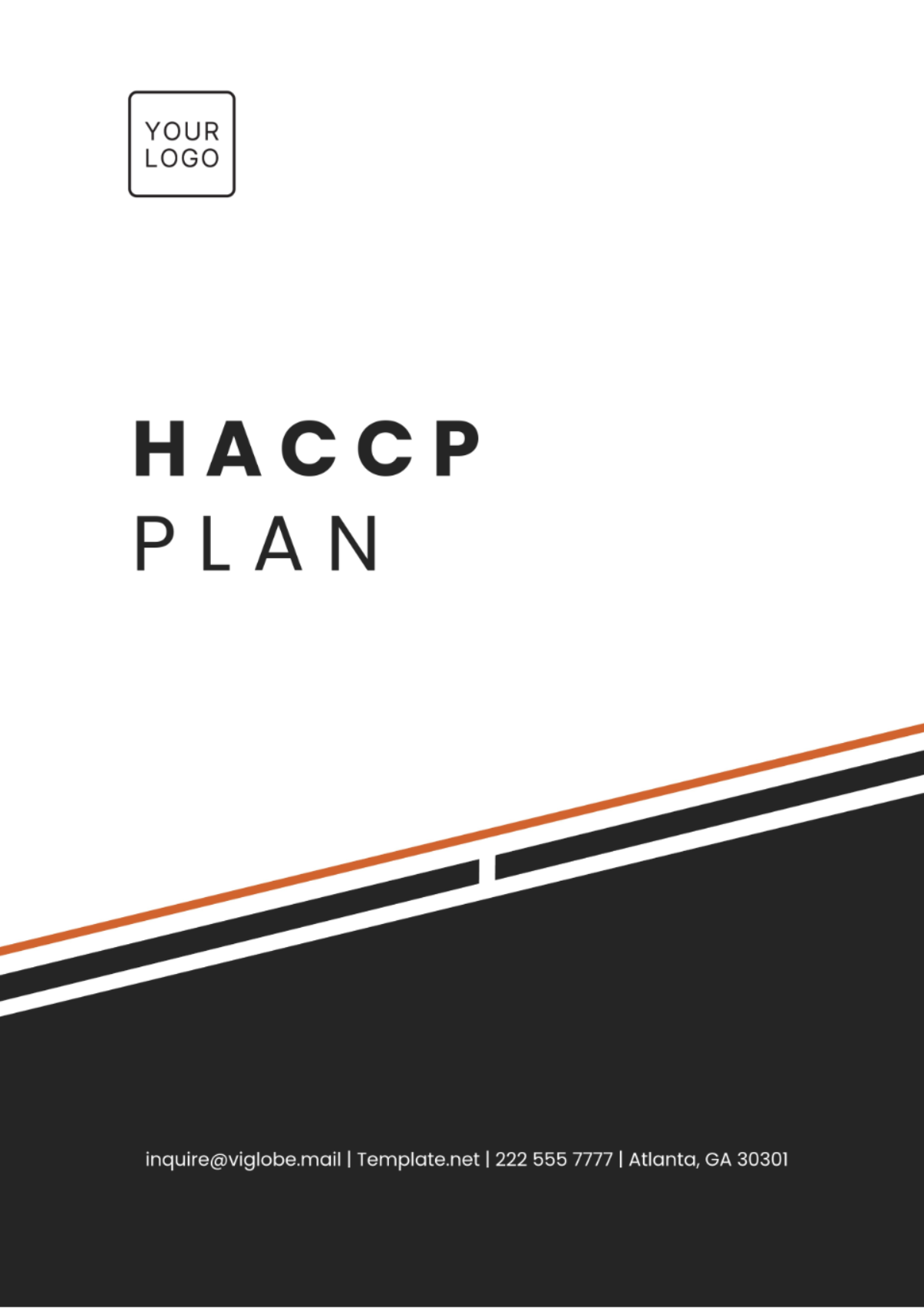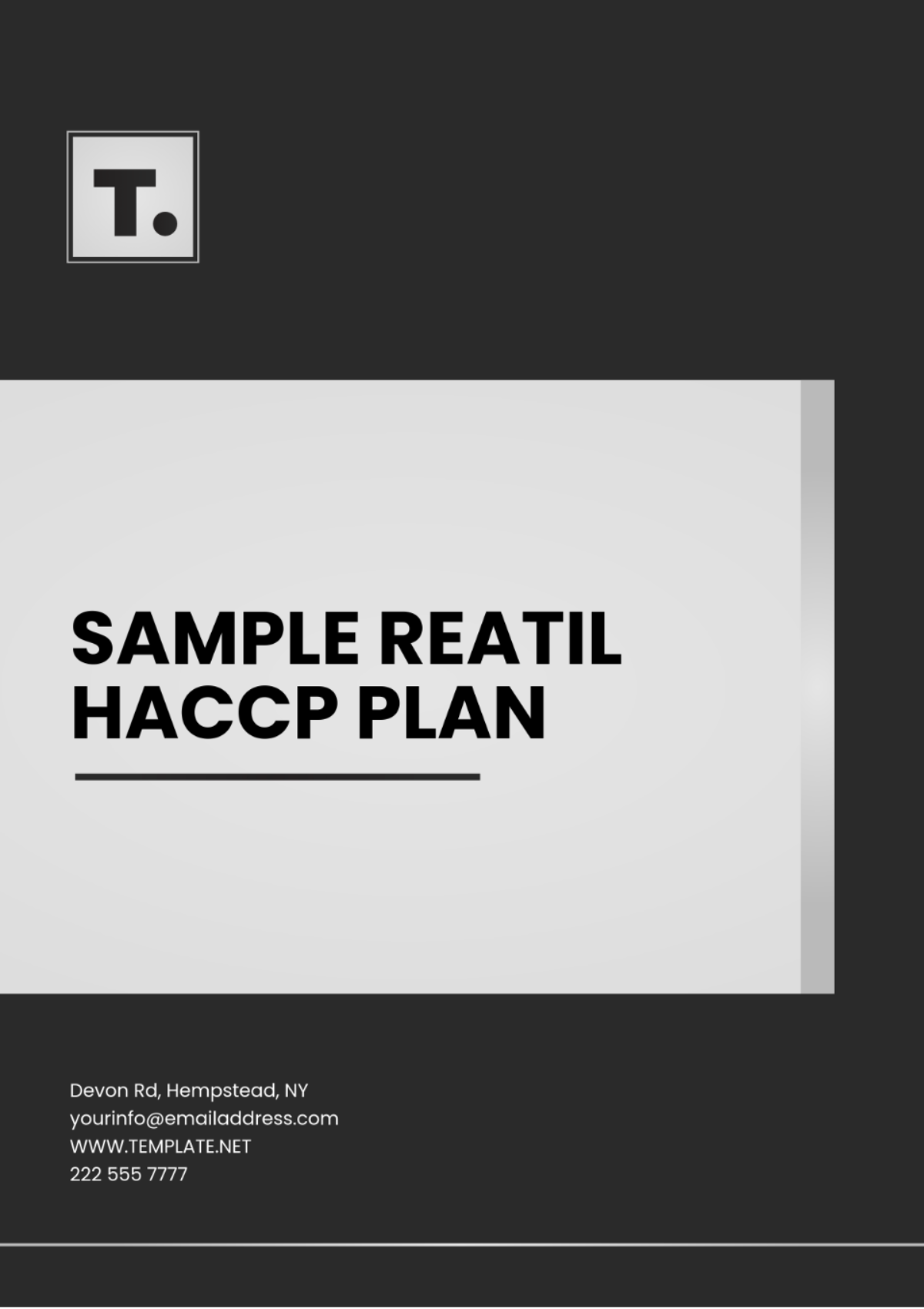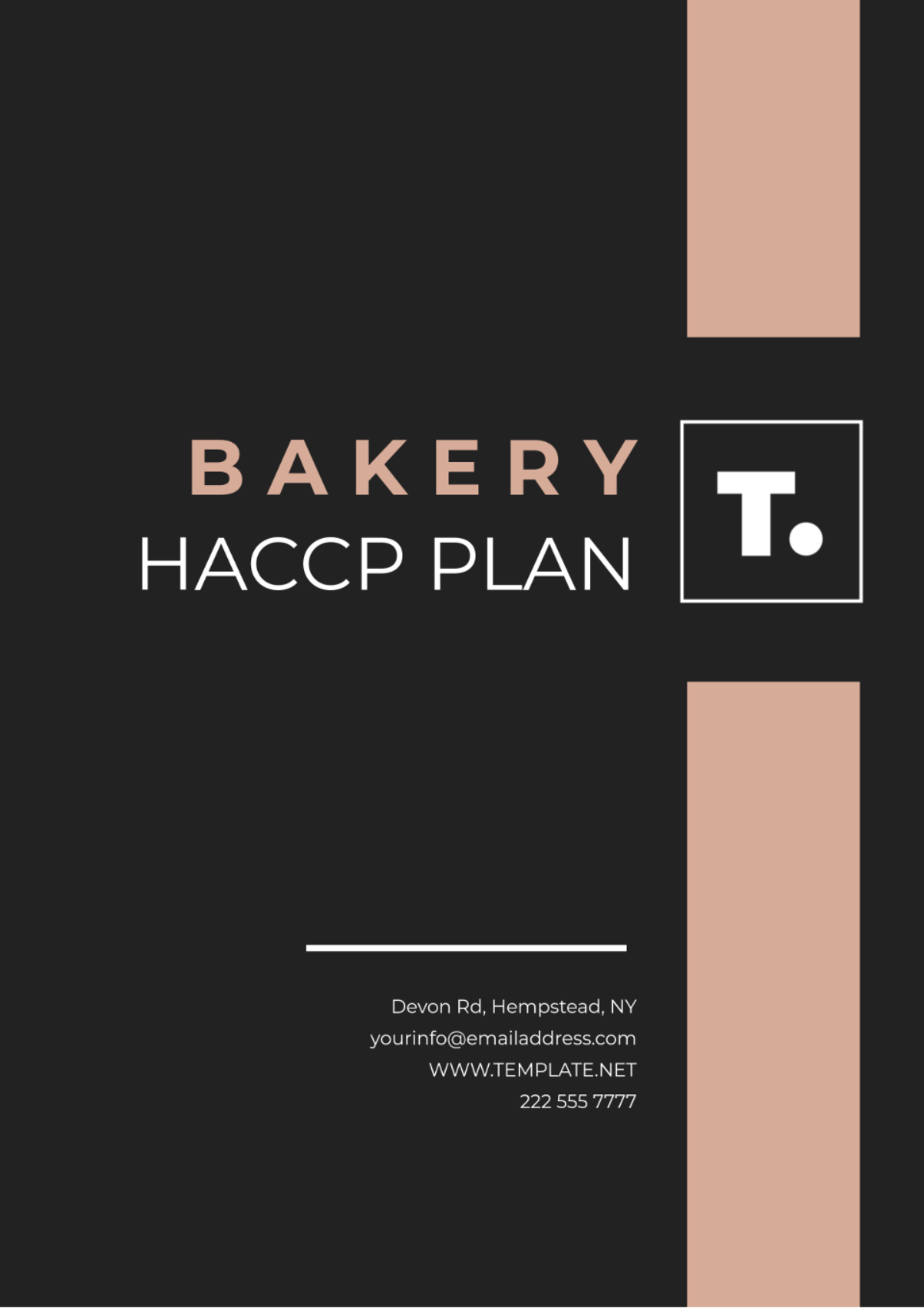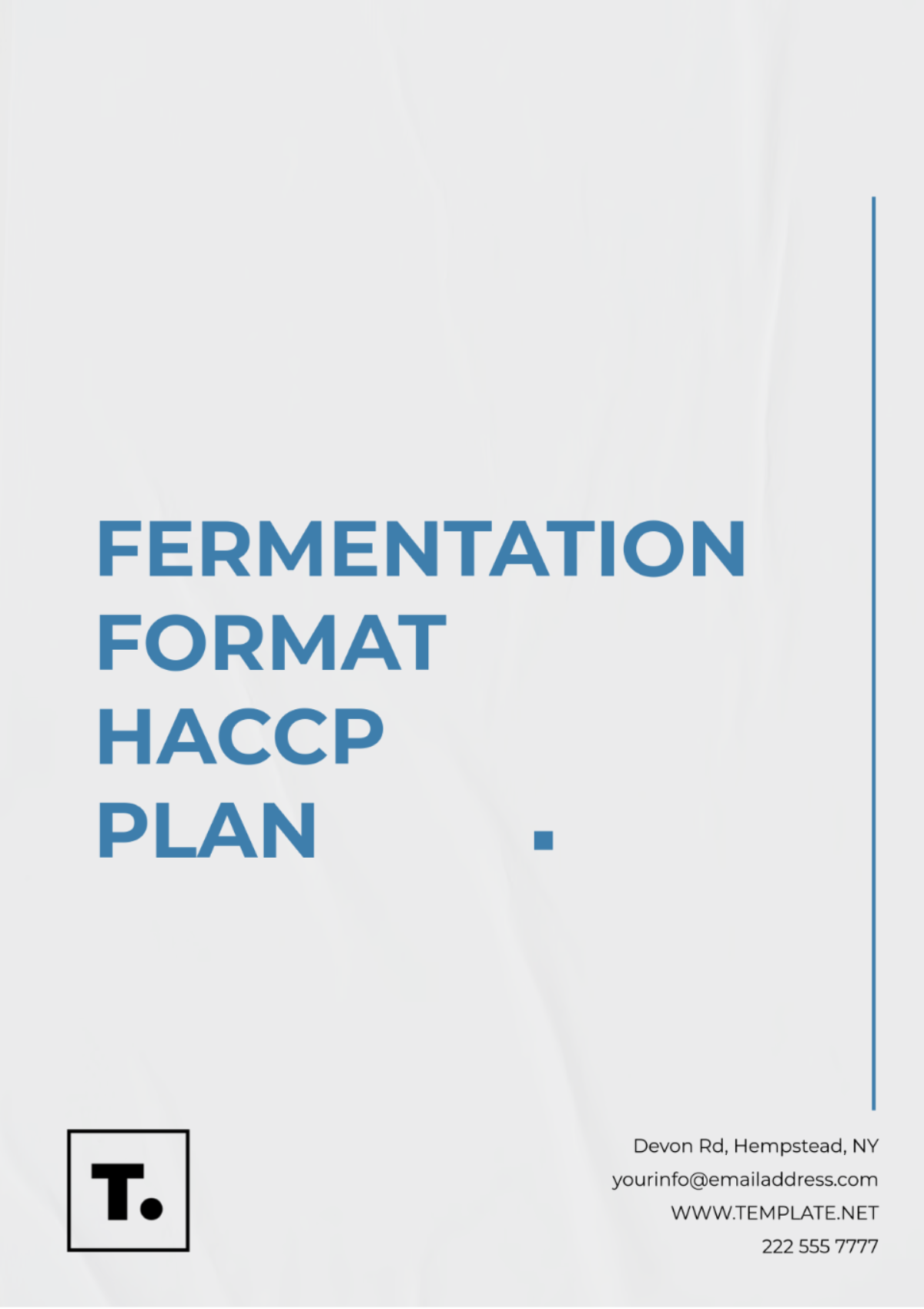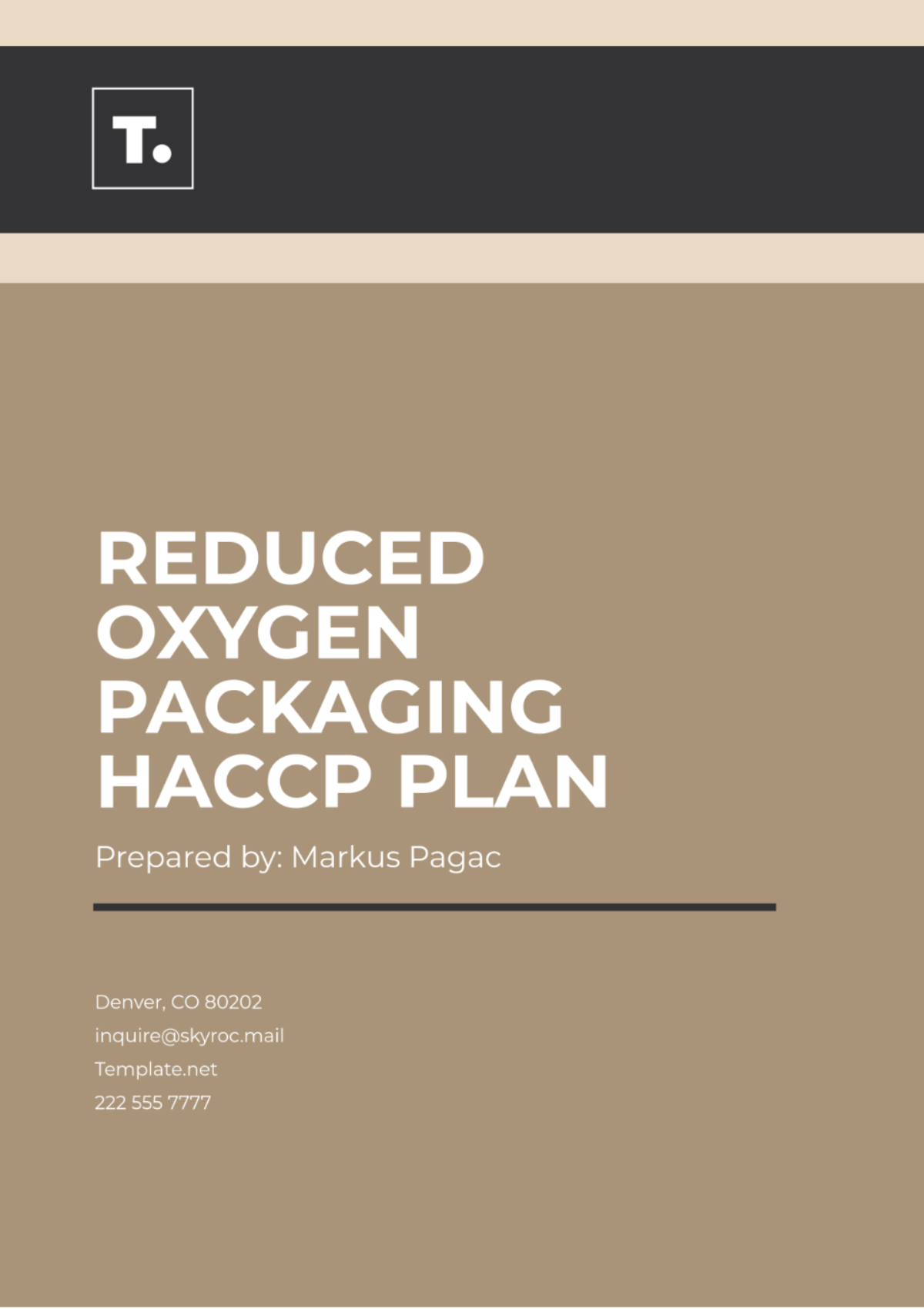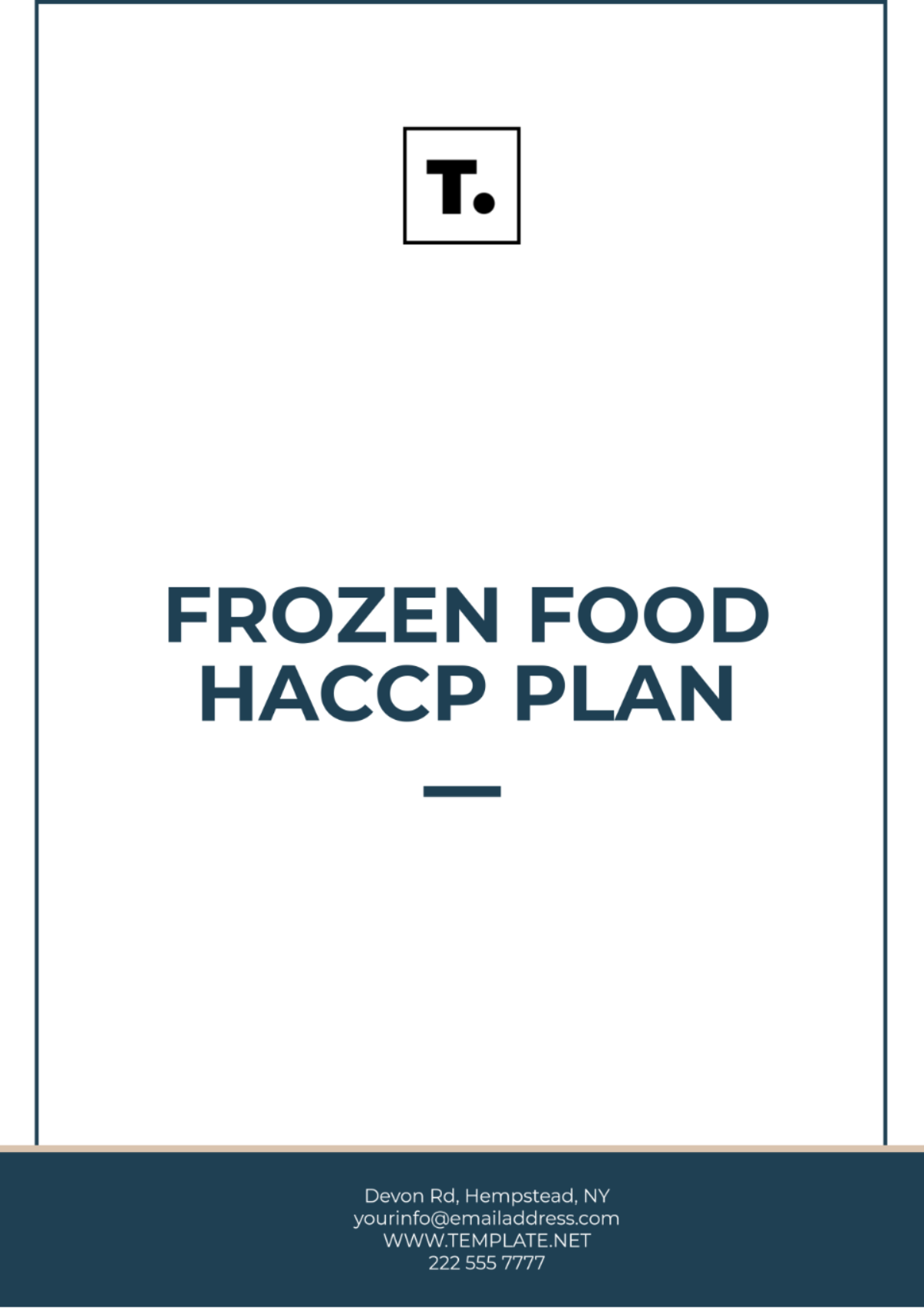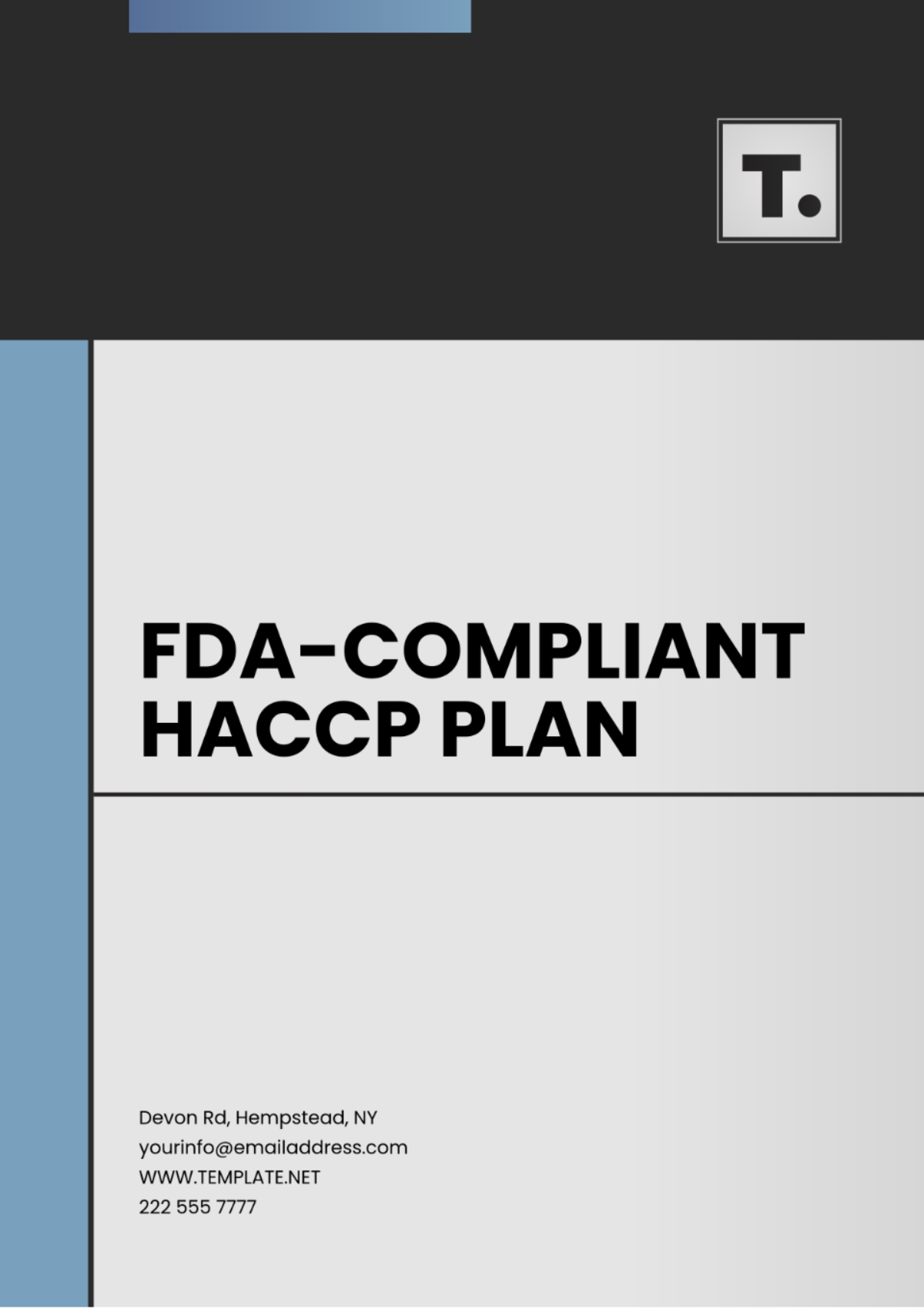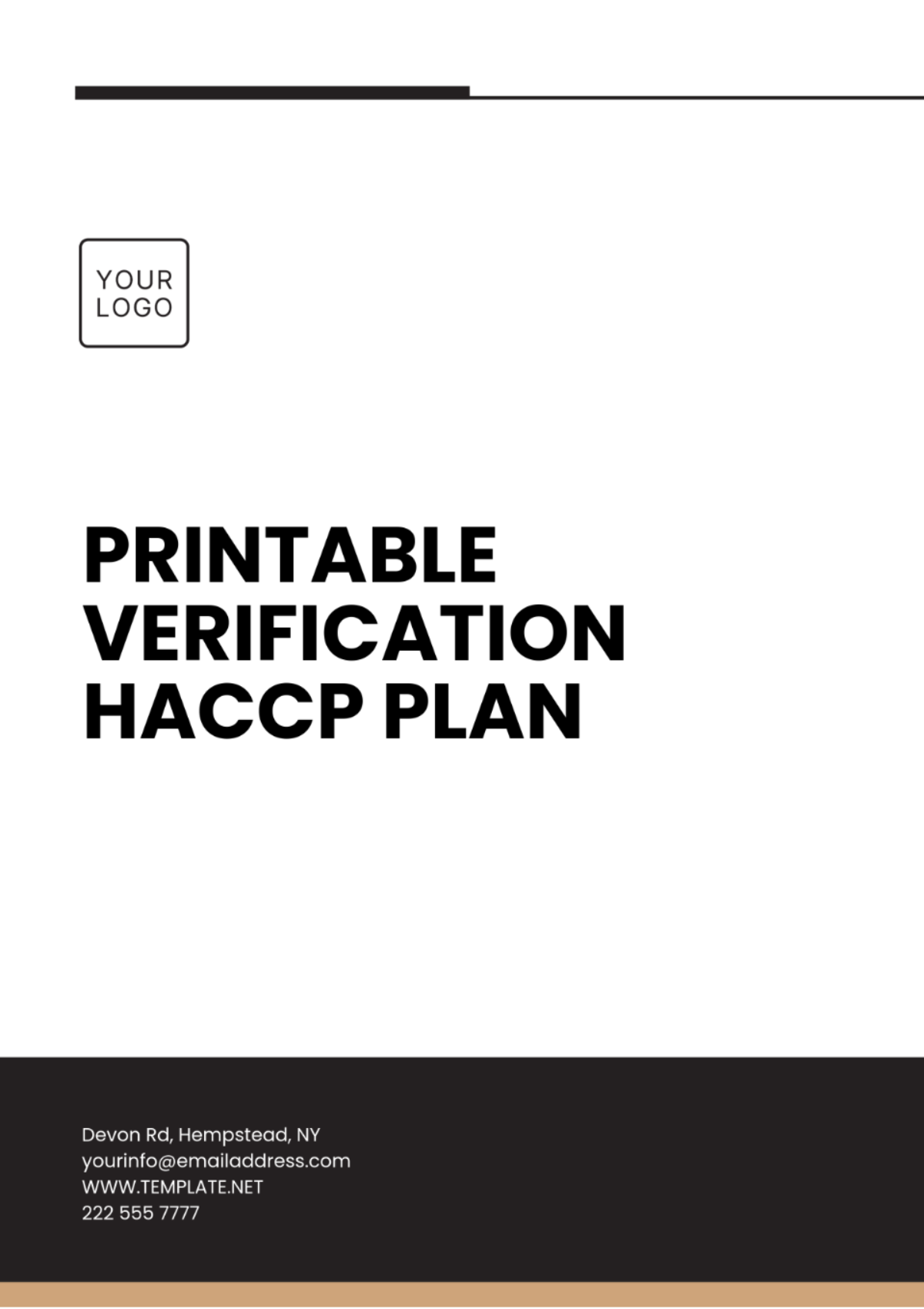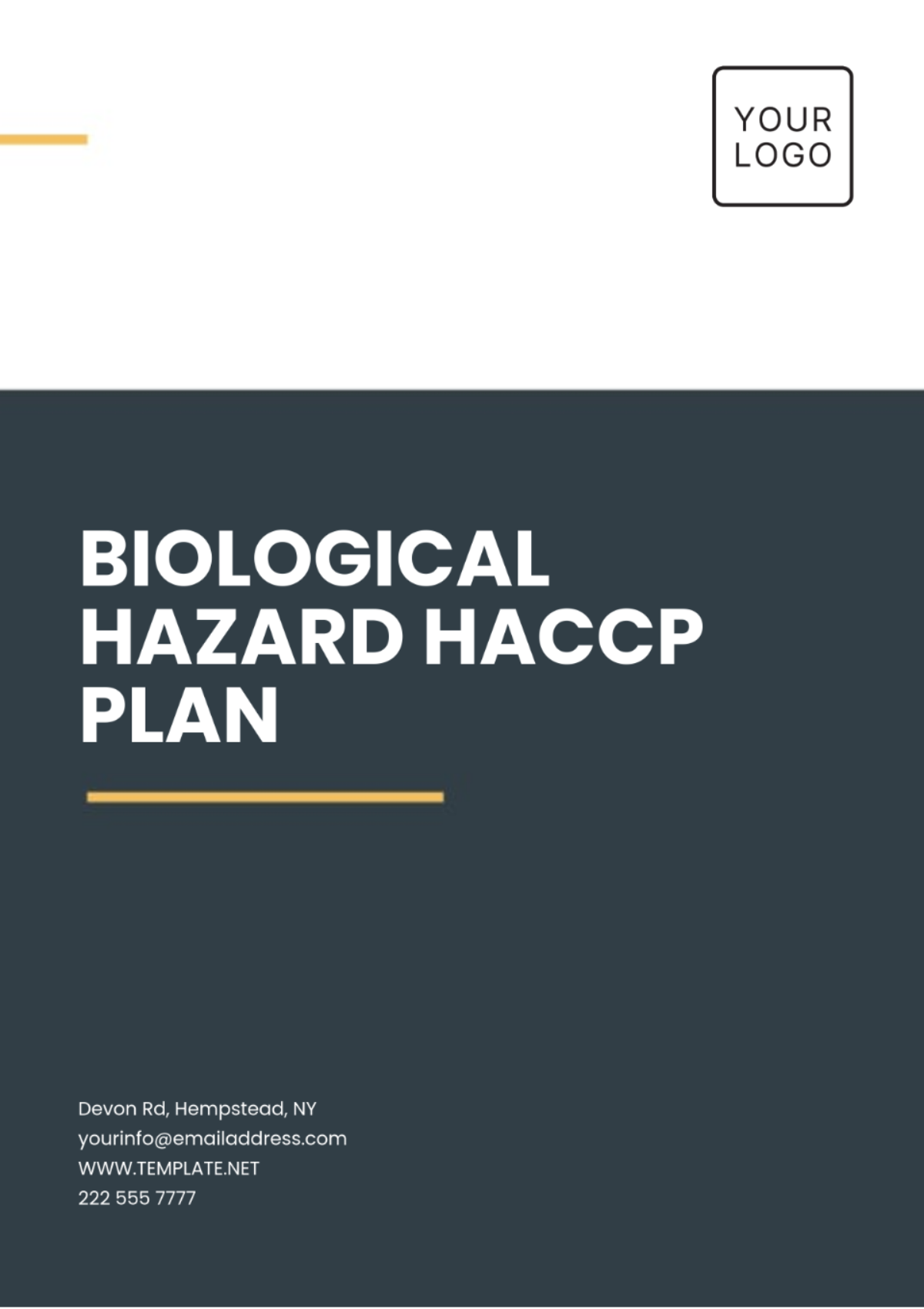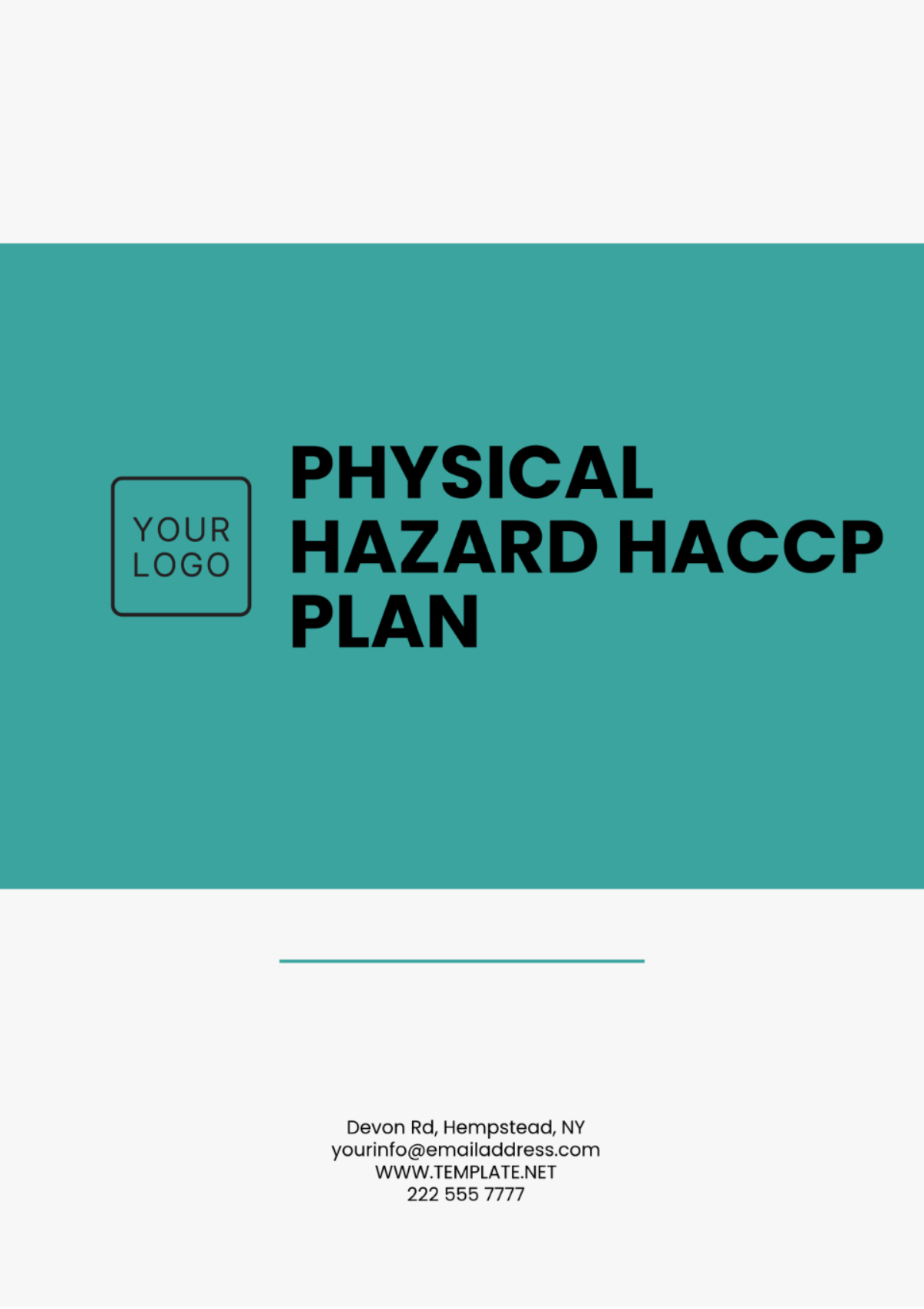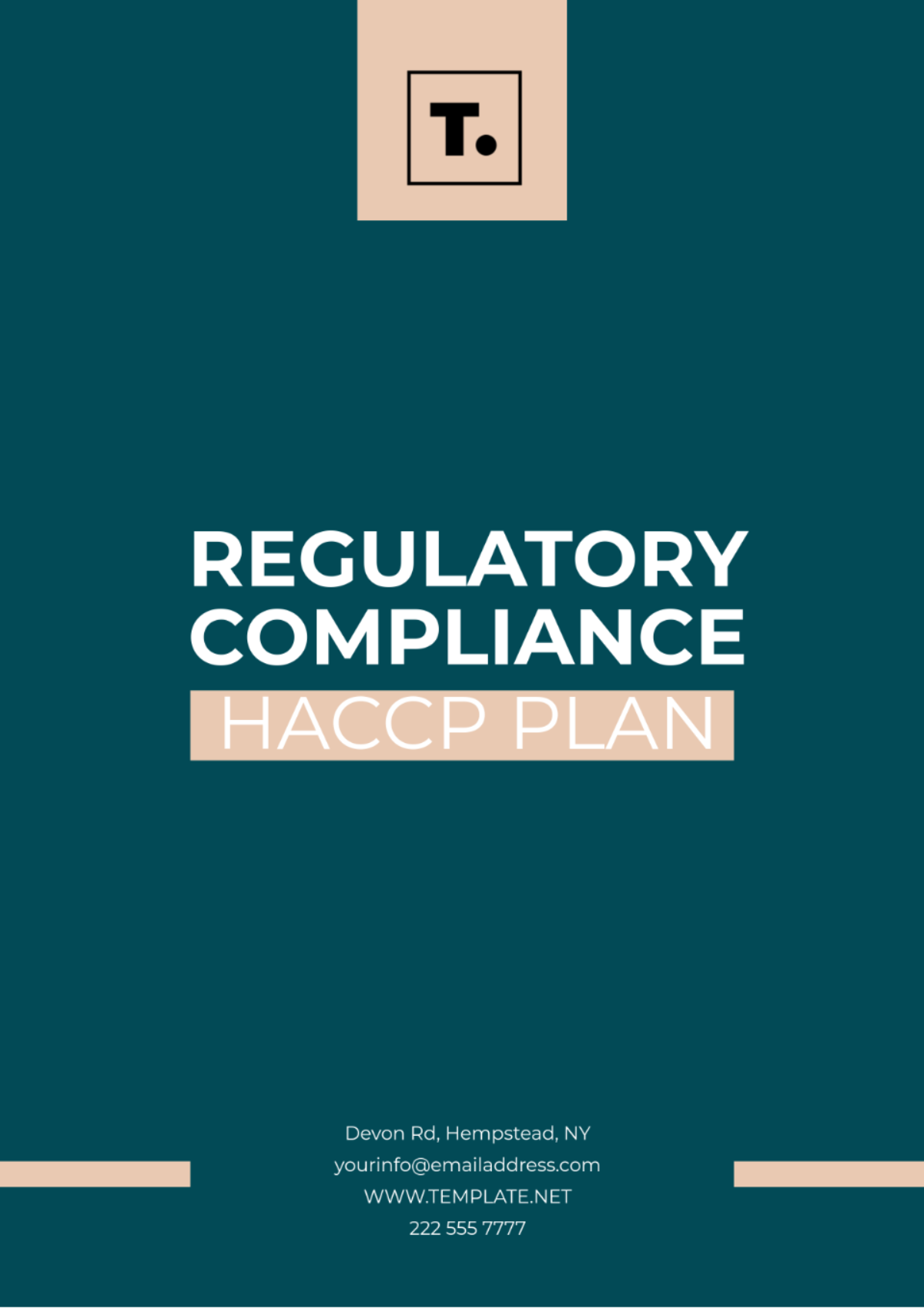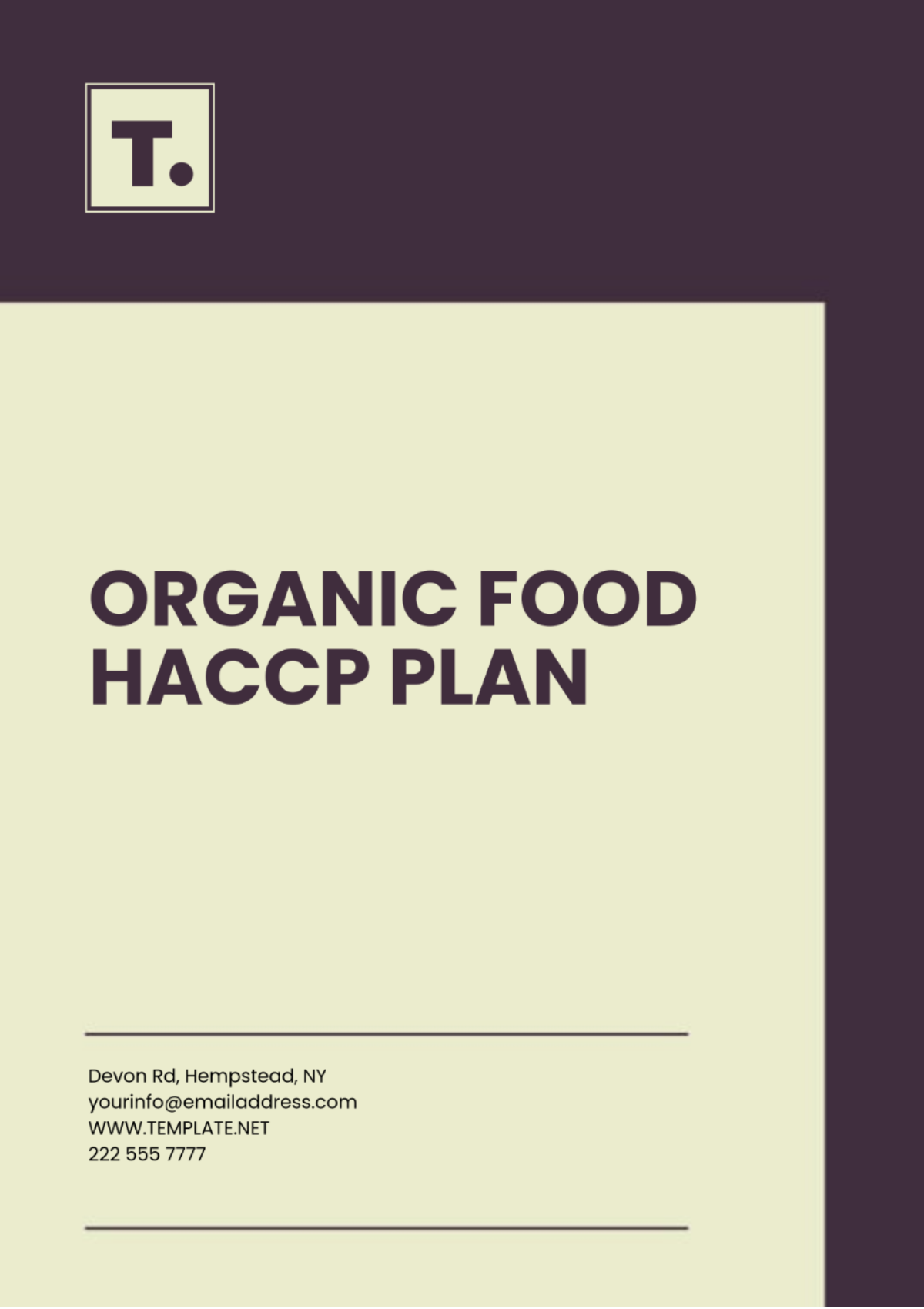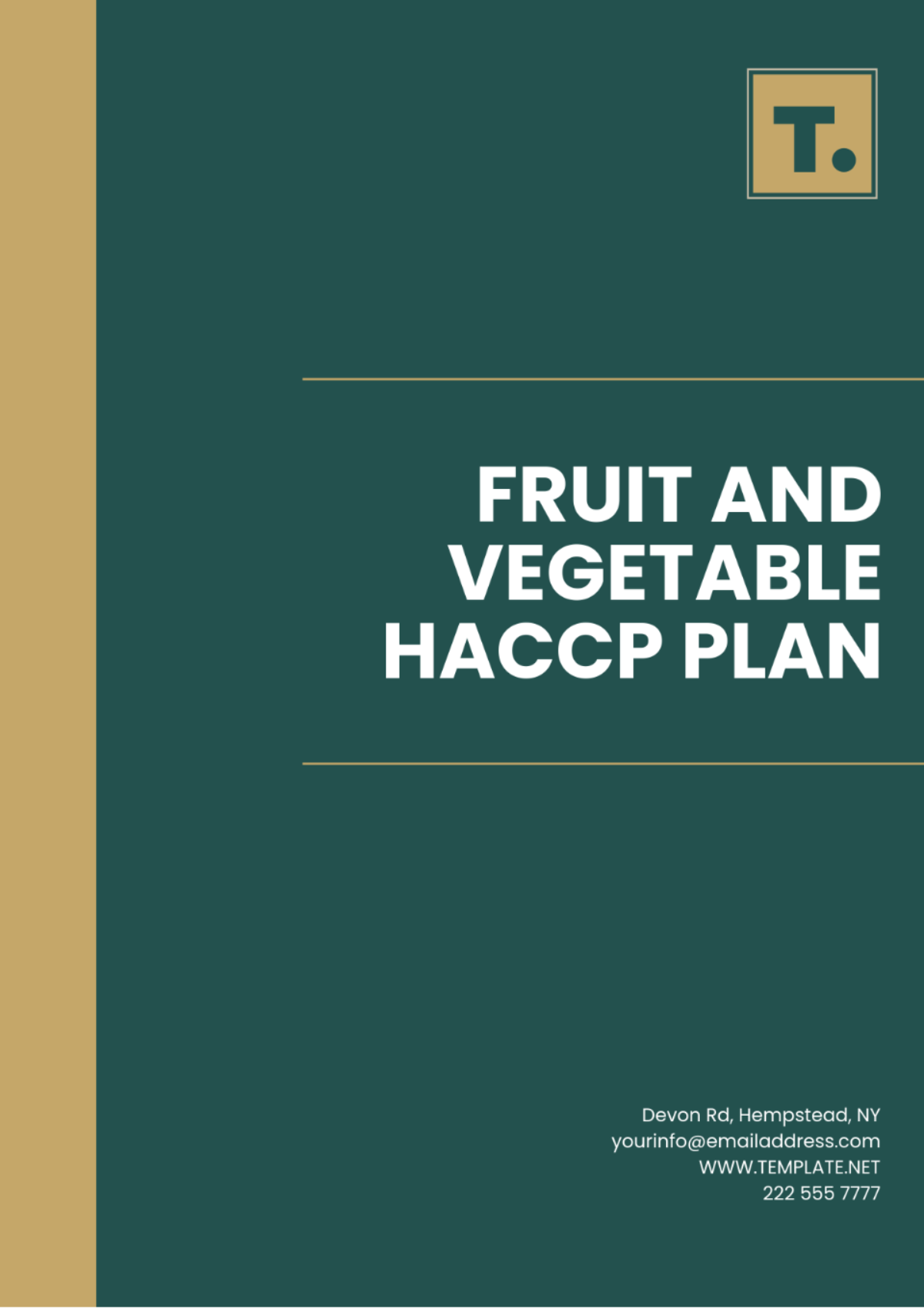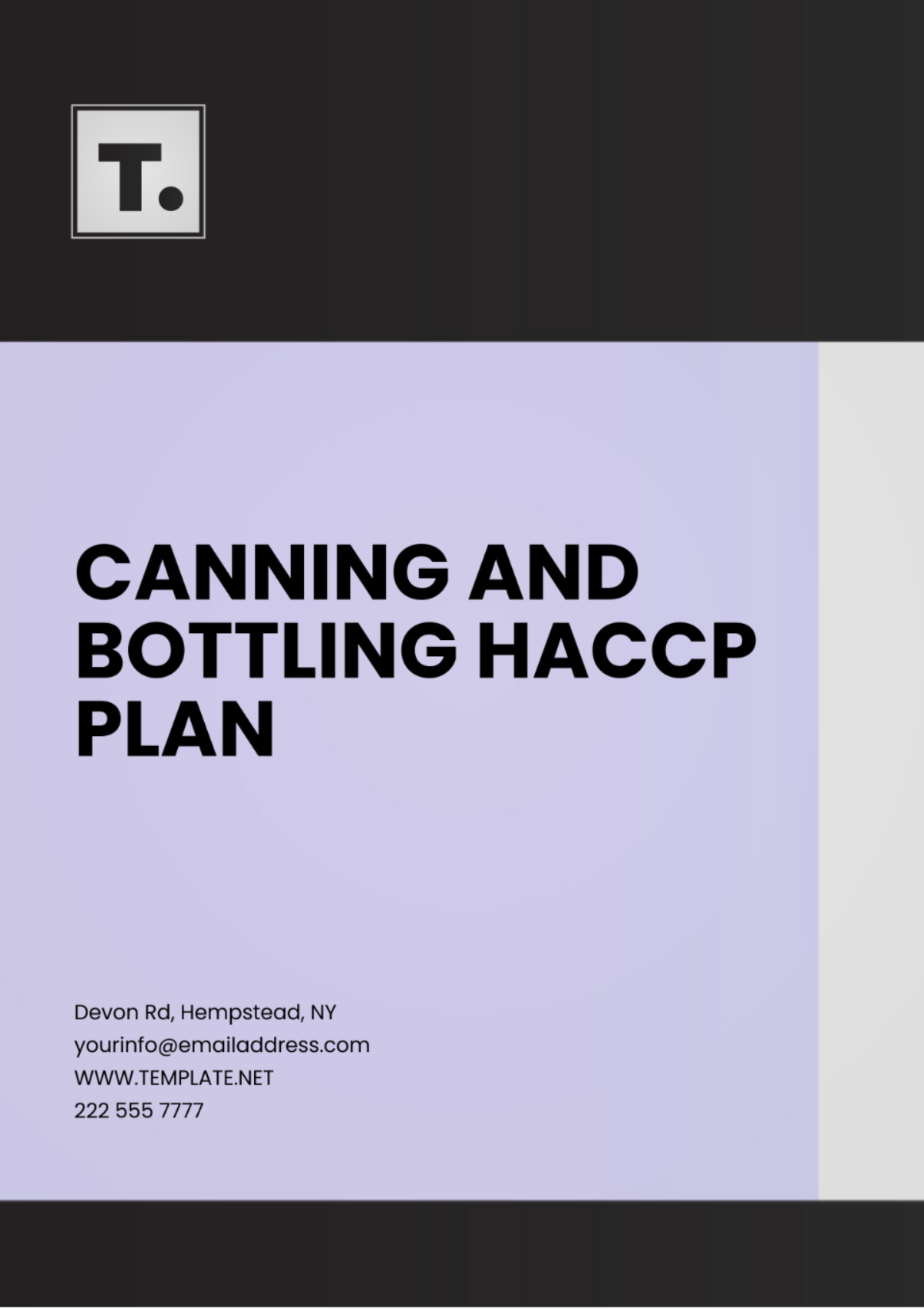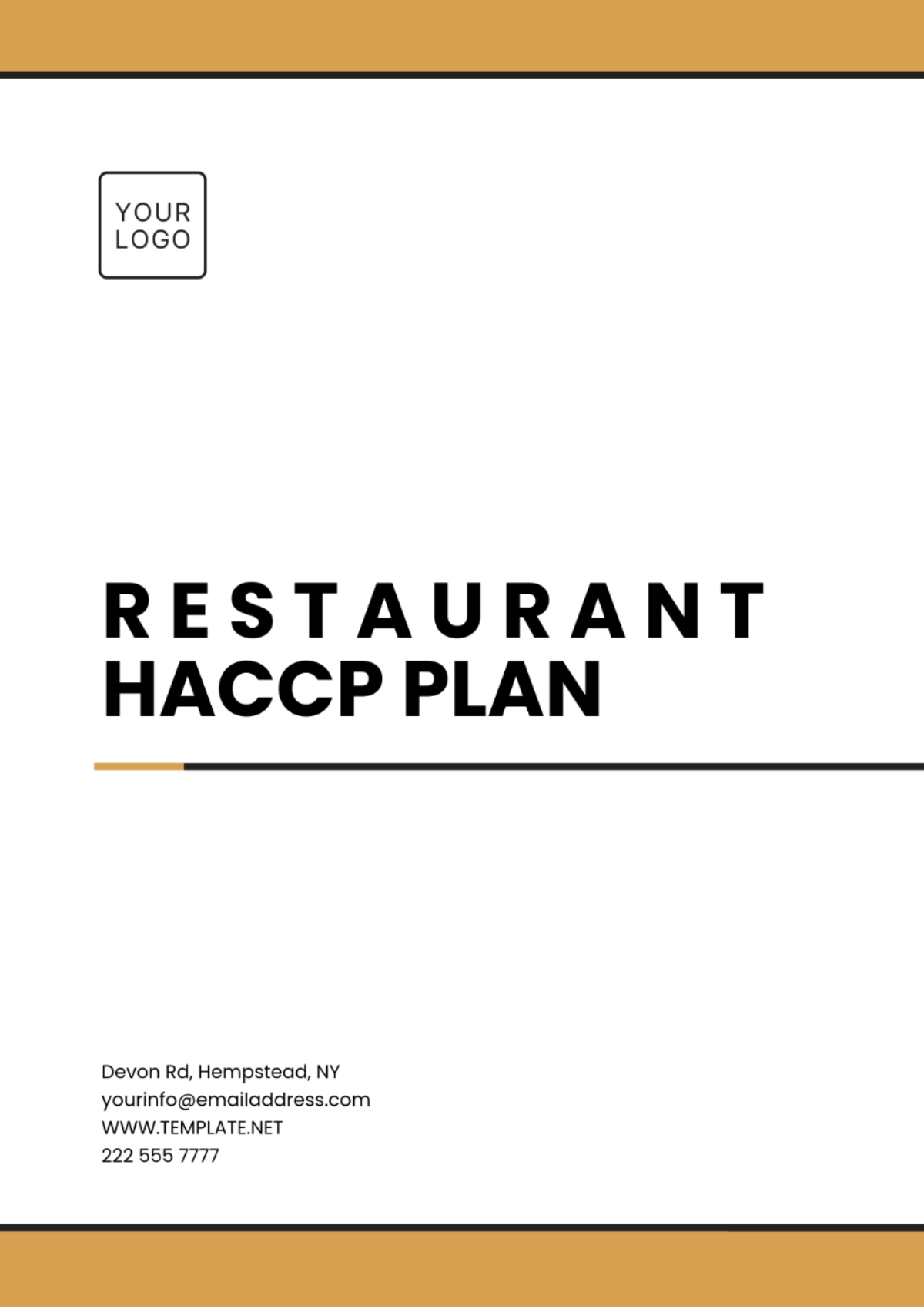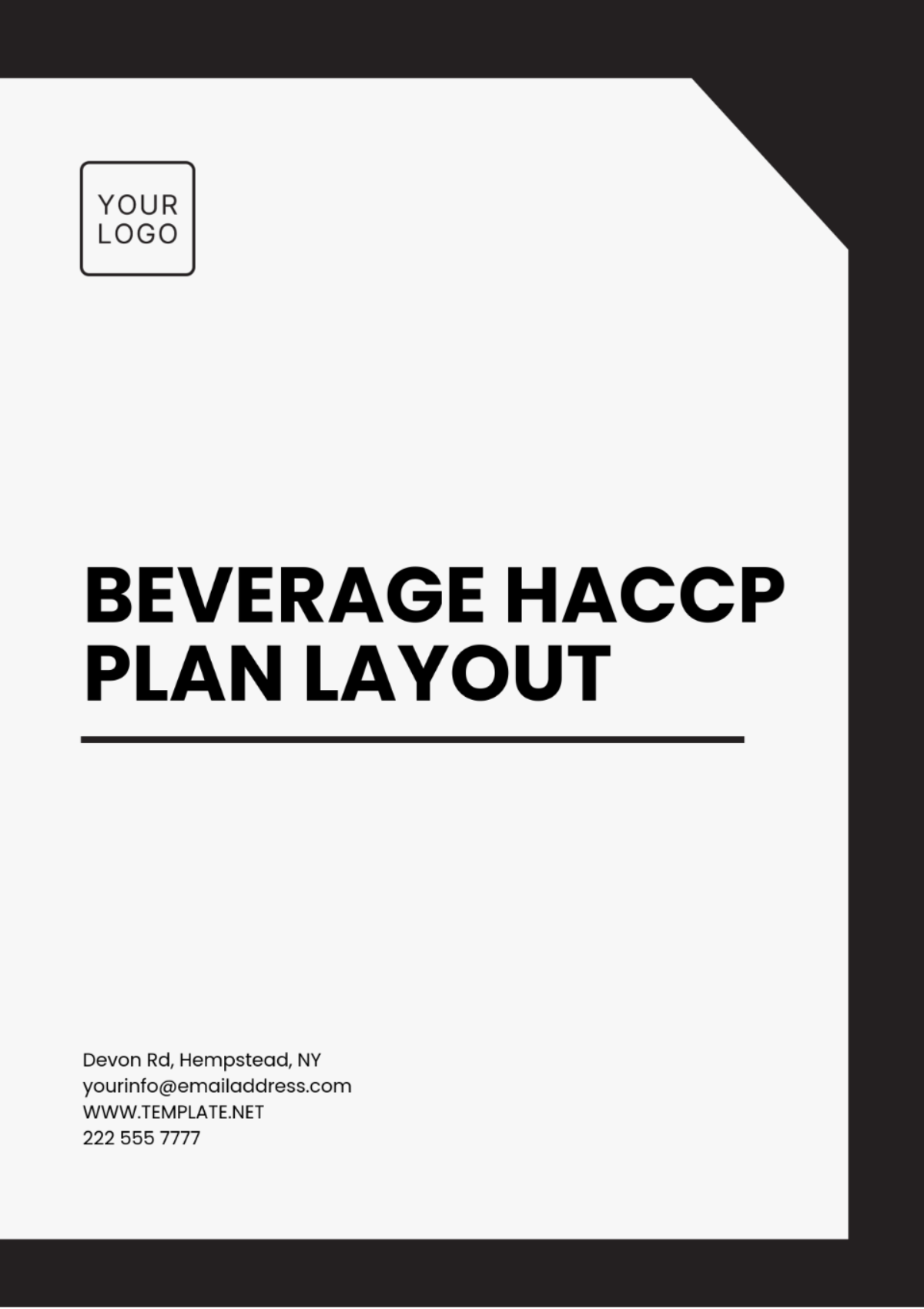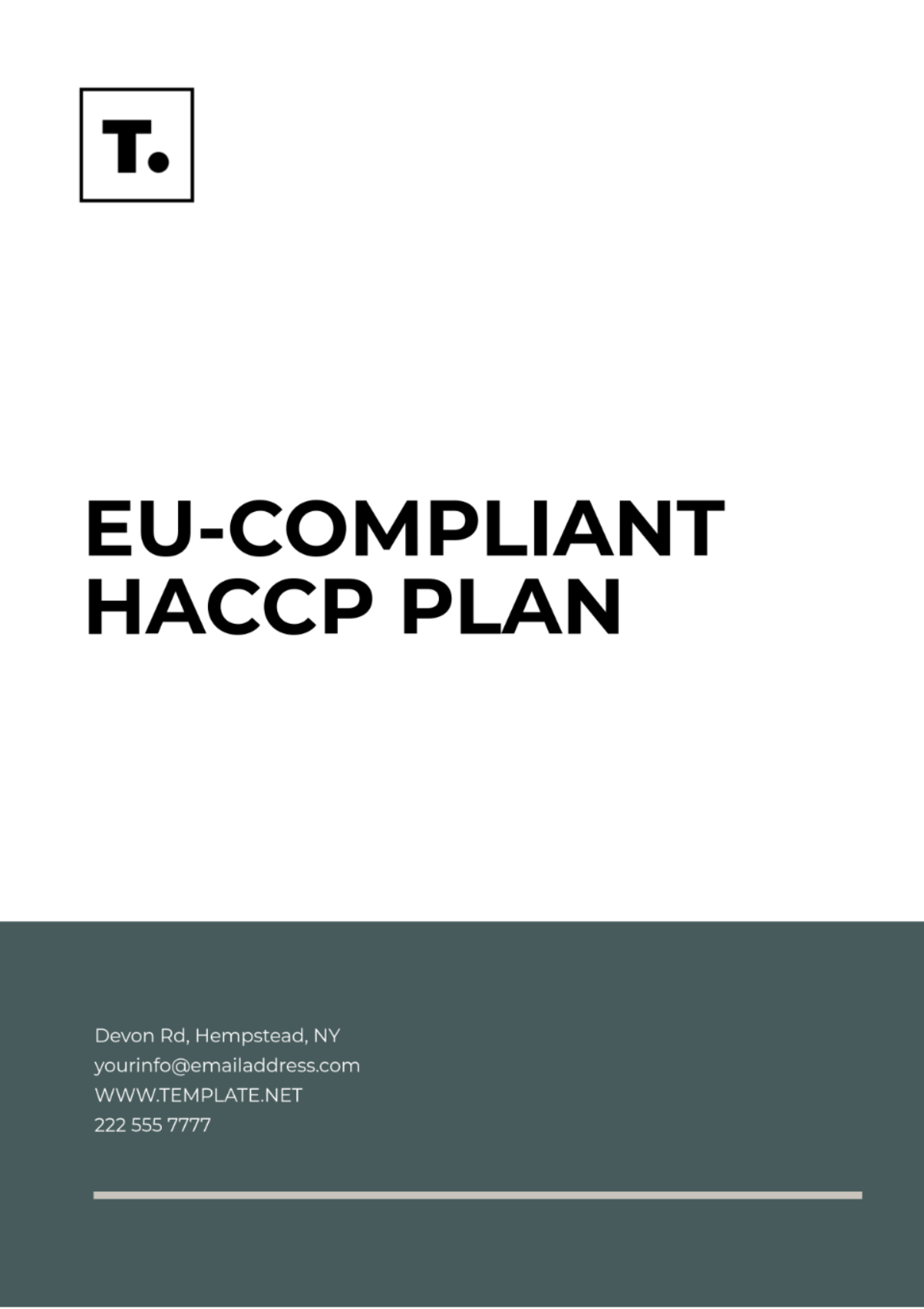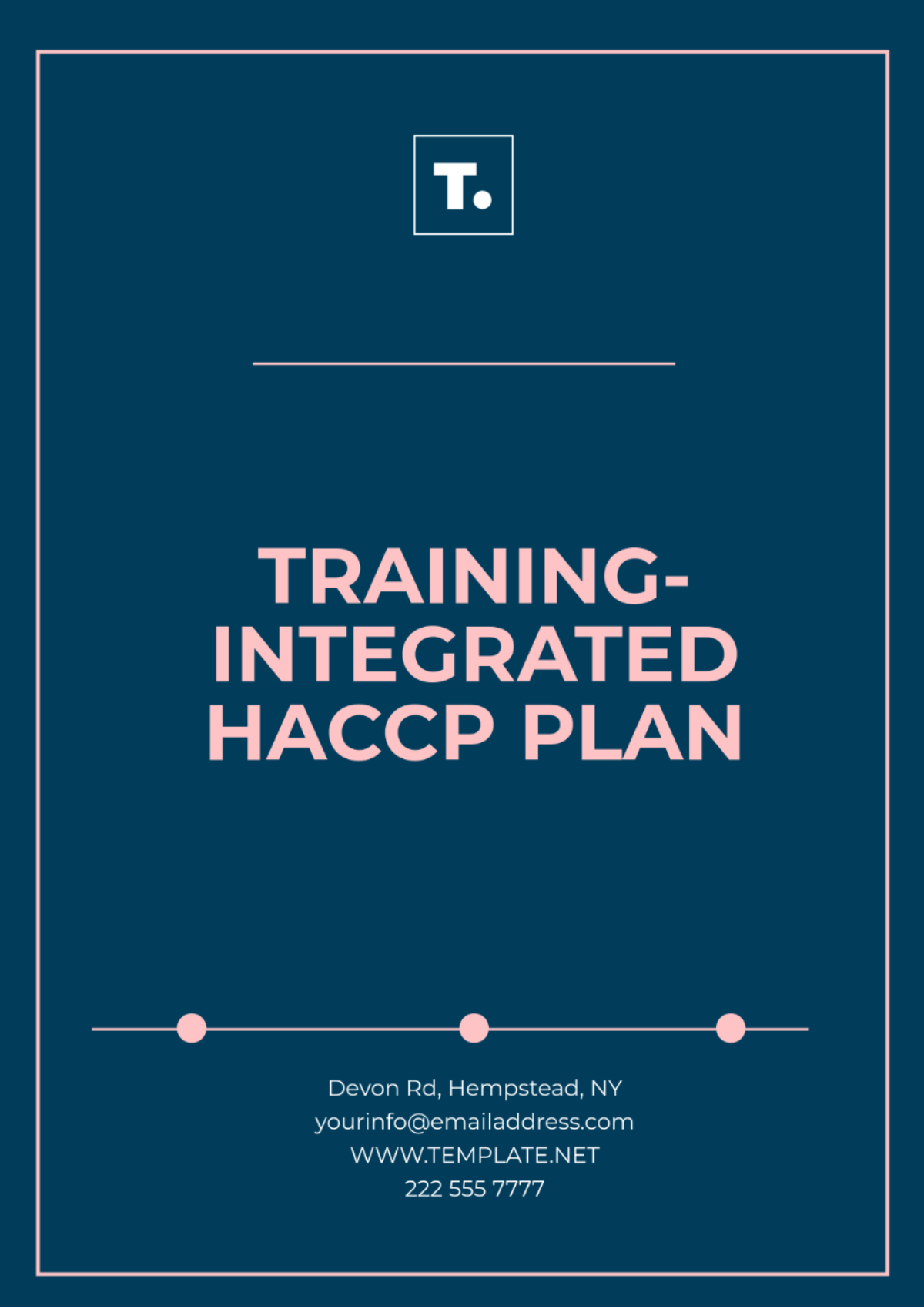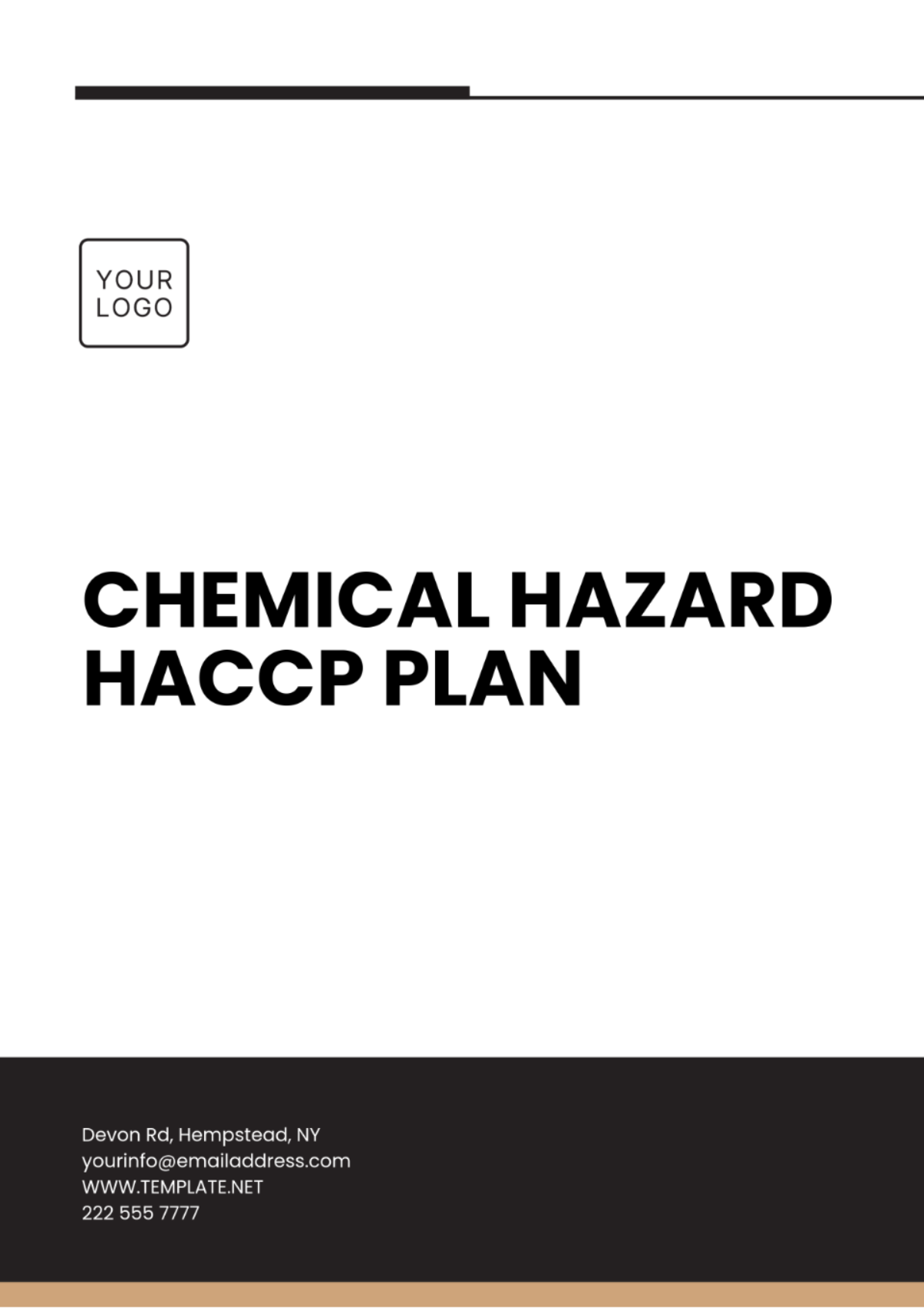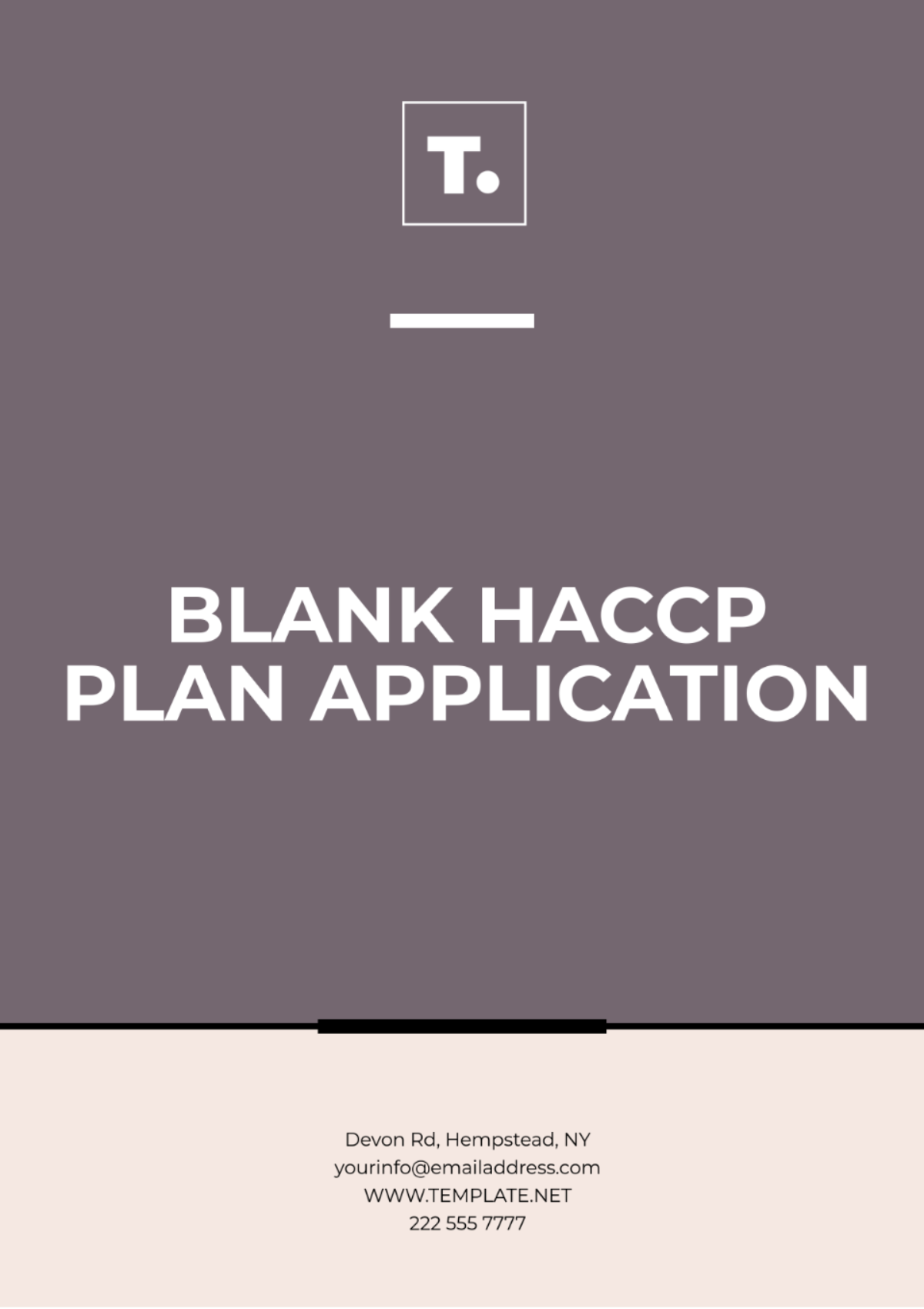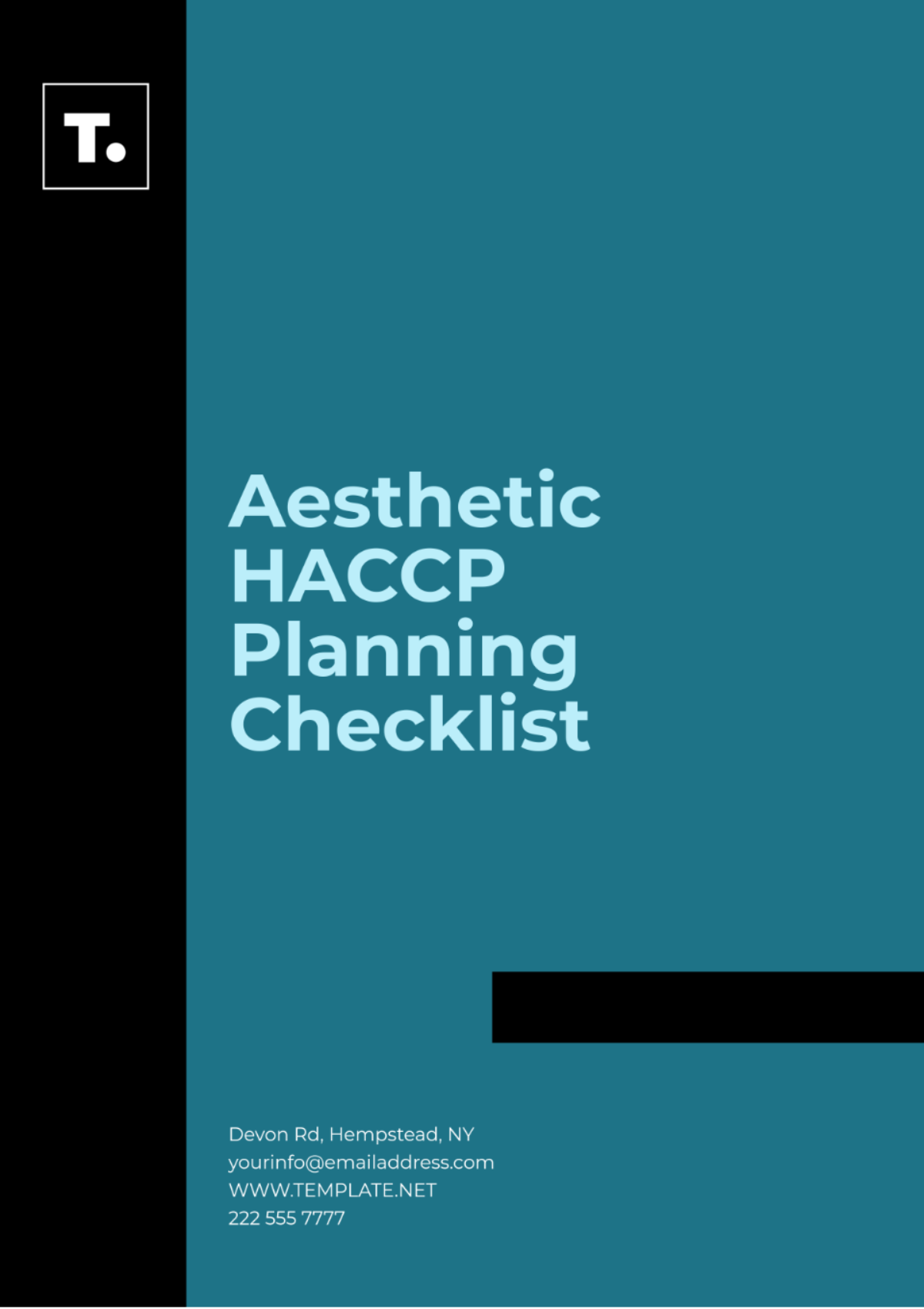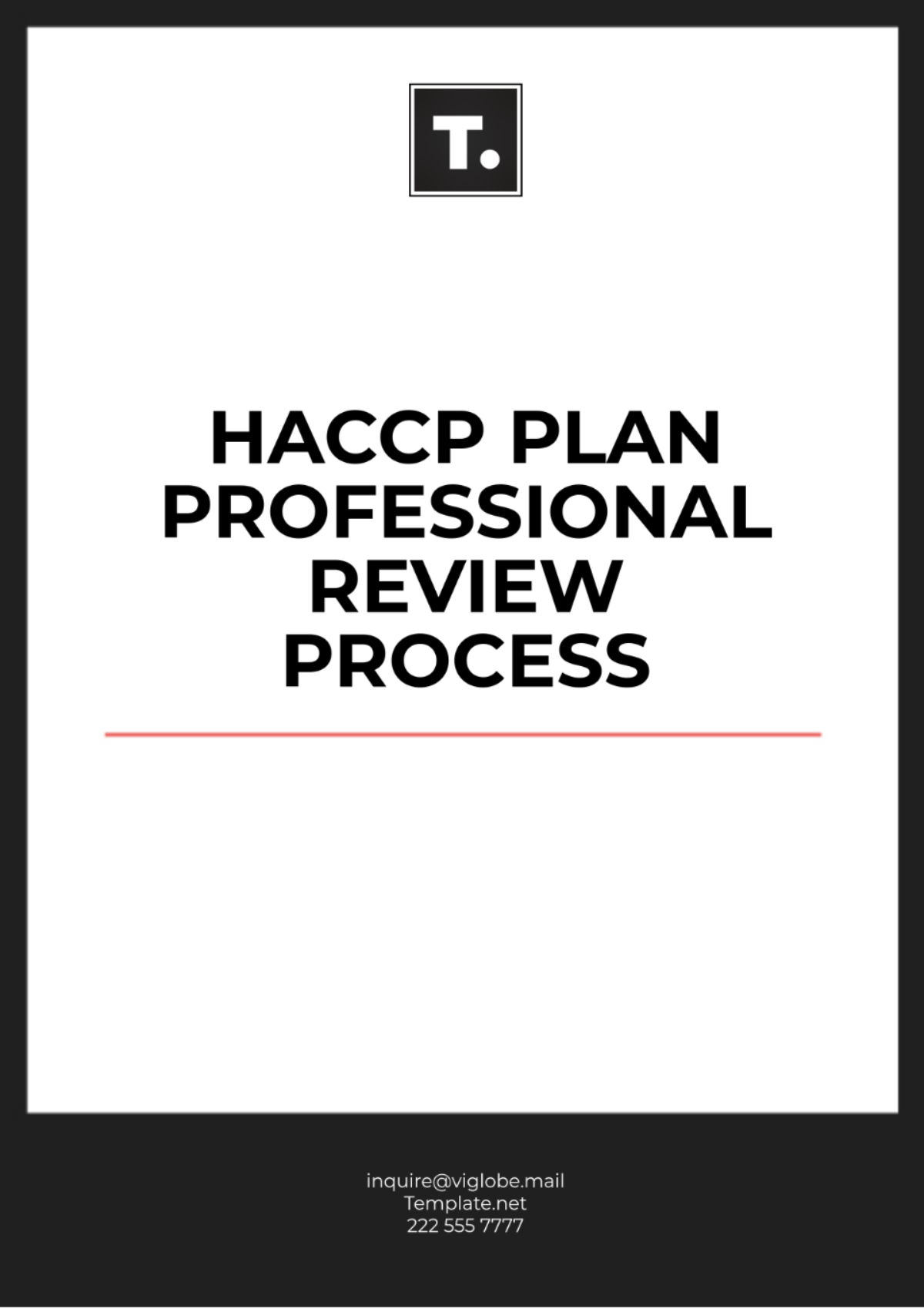Beverage HACCP Plan Layout
Date: January 23, 2060
Prepared by: [YOUR NAME]
I. Introduction
The Hazard Analysis Critical Control Point (HACCP) system is a management system that addresses food safety through the analysis and control of biological, chemical, and physical hazards. This plan outlines the necessary steps for creating a HACCP plan specifically for beverage production.
II. Preliminary Steps
A. Assemble the HACCP Team
Form a team with individuals from various departments who have knowledge and experience in beverage production.
Production Manager
Quality Assurance Specialist
Microbiologist
Maintenance Supervisor
B. Describe the Beverage Product
Attribute | Description |
|---|---|
Product Name | Orange Juice |
Intended Use | Ready-to-drink beverage |
Packaging | 200 ml Tetra Pak |
C. Identify the Intended Consumer
The intended consumers are the general population, including children and adults.
D. Develop a Flow Diagram of the Process
Develop detailed flow diagrams indicating each step of the beverage production process, from raw material reception to distribution.
III. Conduct a Hazard Analysis
A. List Potential Hazards
Biological: Bacteria, viruses
Chemical: Pesticide residues, cleaning agents
Physical: Foreign objects
B. Determine Control Measures
Identify effective control measures for each significant hazard.
IV. Identify Critical Control Points (CCPs)
Determine critical control points in the process where control can be applied to prevent, eliminate, or reduce hazards to acceptable levels.
V. Establish Critical Limits
Set critical limits for each CCP, such as temperature and pH levels, to ensure the control measures are effective.
VI. Monitor Critical Control Points
Develop monitoring procedures to ensure each CCP stays within the established critical limits.
VII. Establish Corrective Actions
Develop actions to be taken when monitoring indicates a deviation from established critical limits.
VIII. Verify the HACCP Plan
Conduct regular reviews and validations of the HACCP plan to ensure its effectiveness.
IX. Recordkeeping and Documentation
Maintain records of all procedures, monitoring, verification activities, and corrective actions.
X. Conclusion
Implementing a comprehensive HACCP plan is crucial for ensuring the safety and quality of beverage products. Regular updates and training should be conducted to adapt to new challenges and improve the plan's effectiveness.
